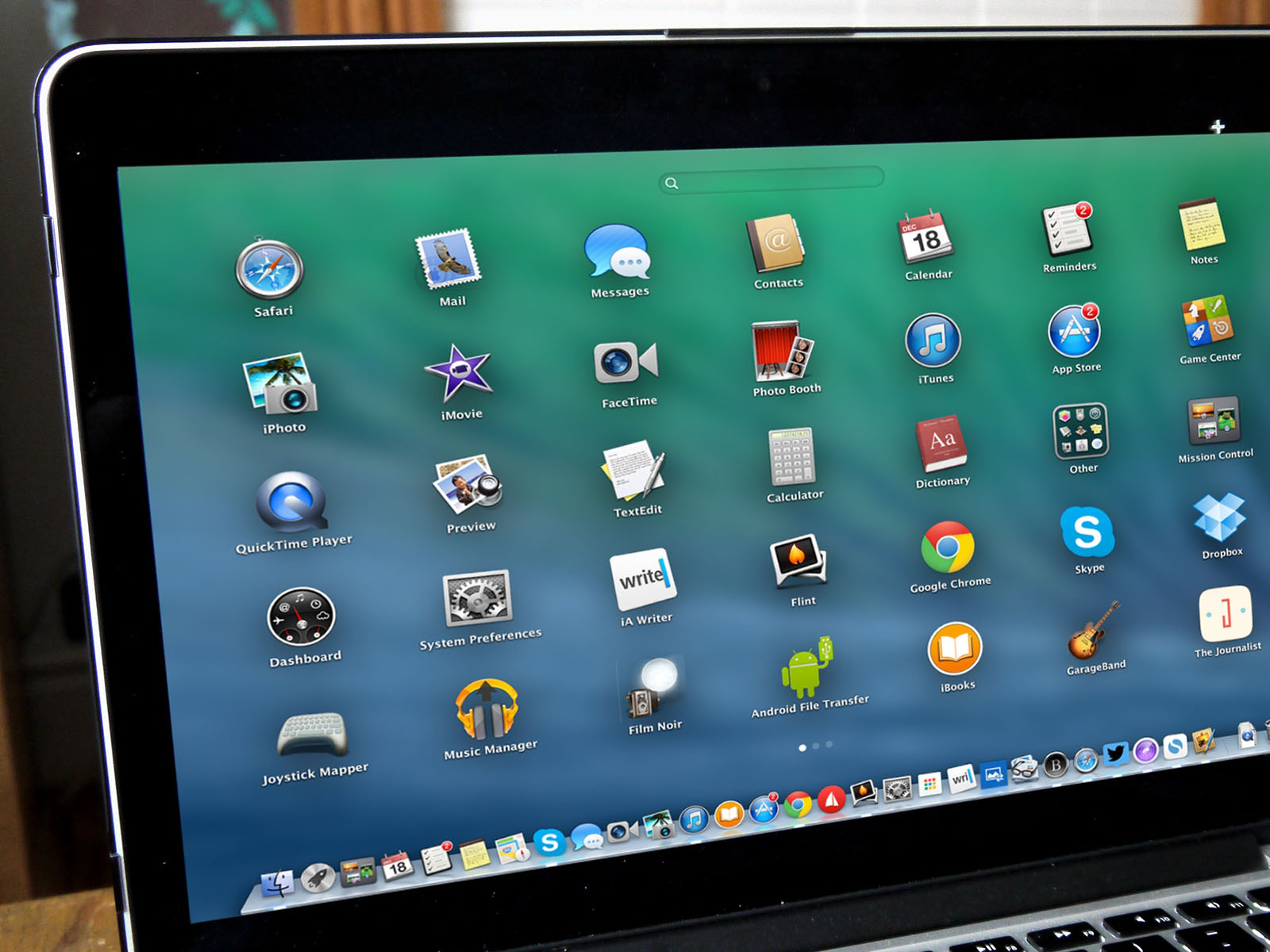Mac Help: Should I buy the non-Retina 13-inch MacBook Pro?

It costs $1,099, making it cheaper than a Retina model by $200. Given that it's an older, slower machine that hasn't been updated since 2012, it's easy to overlook. But it's also the only MacBook that still ships with an optical drive, and that can be appealing for education and travel.
J.R. writes:
Is the standard 13-inch MacBook Pro still worth getting?
Inside the standard MacBook Pro is an Intel Core i5 "Ivy Bridge"-era processor — current for the model year, but one major generation behind compared to current Mac models. It's clocked at 2.5 GHz. The MacBook Pro uses Intel HD Graphics 4000 integrated graphics. The older CPU isn't quite as energy efficient as the Haswell processors found in newer Mac laptops, so it only gets about 7 hours per charge compared to 9 estimated hours per charge in the Retina models. The graphics are slower too.
$1,099 gets you 4 GB of RAM and a 500 GB hard disk drive, making the MacBook Pro the only Mac laptop left with an internal hard disk drive (the MacBook Air and Retina MacBook Pro use much faster, more durable solid state storage instead).
The standard MacBook Pro is also the only Mac left that packs an internal CD/DVD "SuperDrive." If you need one for any other Mac, you have to buy an external SuperDrive for another $80.
So, it's heavier, bigger, and slower than the Retina MacBook Pro. Pass on it, right?
Not so fast. The standard MacBook Pro is the also only Mac laptop you can get that has user-upgradeable RAM. You can bump it up to 16 GB using aftermarket RAM from third-party resellers.
Master your iPhone in minutes
iMore offers spot-on advice and guidance from our team of experts, with decades of Apple device experience to lean on. Learn more with iMore!
Putting RAM in this MacBook Pro model is not trivial, but at least the RAM isn't soldered to the motherboard as it is with MacBook Airs and Retina MacBook Pros, so you can can upgrade it if you want to.
What's more, the hard drive is a standard SATA-equipped 2.5-inch mechanism, which can also be replaced with a larger, faster drive, or with an SSD, which will make the MacBook Pro quite peppy. I've done SSD conversions on even older MacBook models, including a white polycarbonate plain old MacBook from 2009, and it makes a big difference in performance.
CD and DVD reading and writing capability isn't really something high on a lot of our priority lists anymore, thanks to the use of cloud services that can handle huge amounts of data. If you fall into that category and you frankly couldn't care less about using optical media, it's interesting to note that Other World Computing sells a Data Doubler conversion kit that enables you to remove the internal SuperDrive all together and replace it with a second hard drive or SSD.
If you configure to order your MacBook Pro from Apple's online store, you can also bump up the processor to a 2.9 GHz Intel Core i7 model for an additional $150, which will give you a big performance boost. Integrated graphics remain a potential bottleneck depending on what you're doing, but it's still less than a 13-inch Retina MacBook Pro.
If I were buying a new Mac laptop today, I'd strongly consider buying a Retina MacBook Pro or a MacBook Air before I'd buy the standard MacBook Pro. It's too long in the tooth to bother with at this point.
If I could find a really good deal on the regular MacBook Pro, or if I already owned one, I'd certainly be willing to put some money into upgrading it to keep it running well for a few more years before I sunk an investment into a brand new Mac.
Have a Mac question you need our help with? Email machelp@imore.com or drop it in our iMore ask a question forums, no registration required!

